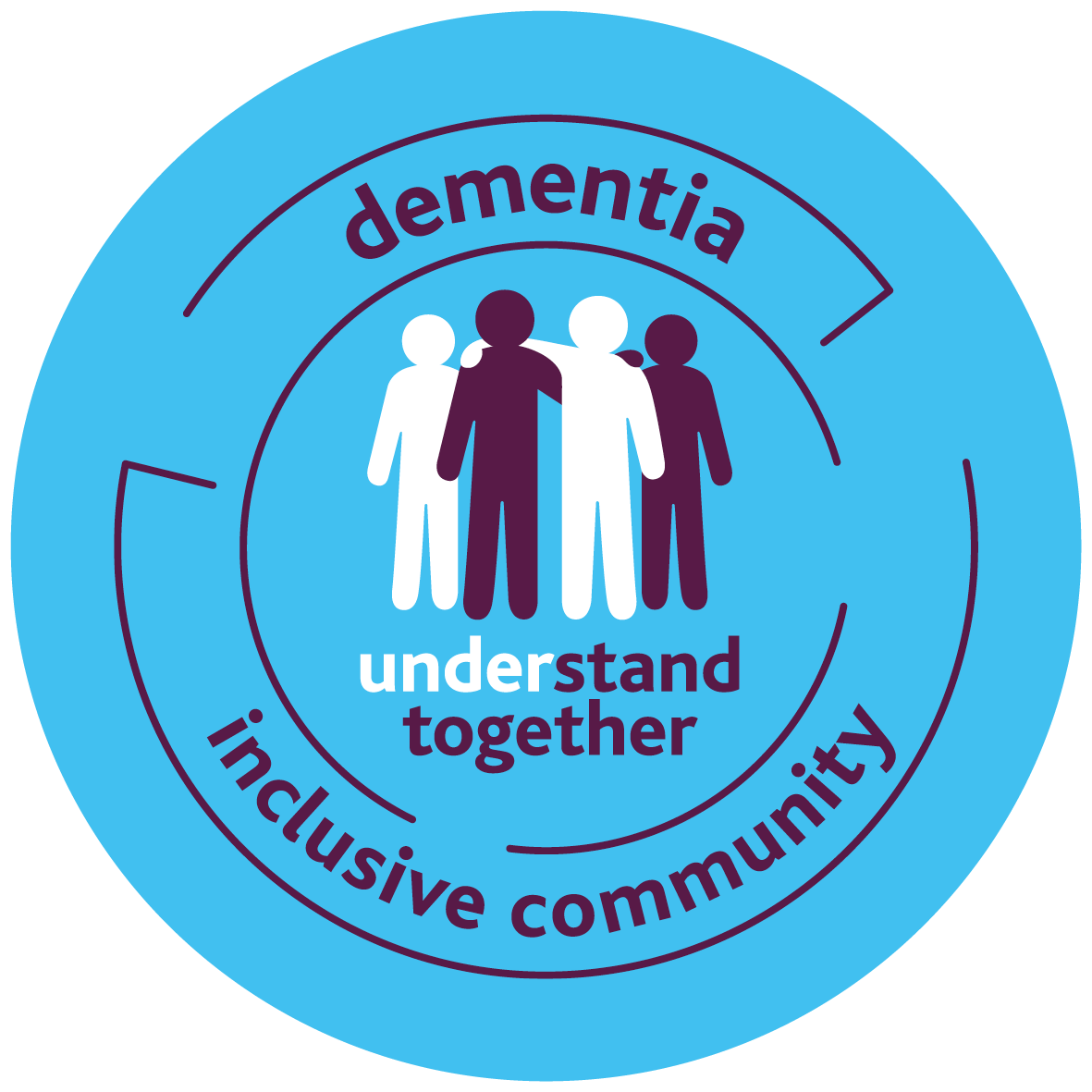The Dementia: Understand Together Campaign is working with people and organisations all over Ireland to build dementia inclusive communities.
The power of community - Debbie (video)
Together we can make a difference and support people with dementia and their families to:
- be understood, respected and valued
- stay socially connected and actively engaged in community life
- access local businesses and services amenities that understand their needs
You are all welcome on board!
Become a Champion
Community champions are at the heart of this movement.
They are people or organisations who want to be more aware of dementia and understand how they can help. They bring people in communities together, talk about dementia and inspire others to take actions to improve the lives of people with dementia and their families.
Most of us are already champions without even realising it, whether that’s through our work or in our personal lives – it’s about leading by example, showing people kindness and understanding, and offering support if needed.
Be it learning more about dementia, checking in with a neighbour or friend, offering a lift or giving people more time when out and about.
Whether you are new to the campaign or have been involved for a while, we would love to stay in touch. Sign up to become a Community Champion or join the network of partners.
Dementia inclusive communities
 By displaying this symbol you are sending an important message that you are supporting people with dementia.
By displaying this symbol you are sending an important message that you are supporting people with dementia.
You can order a window or door sticker, along with other materials by post by selecting dementia from the drop down menu at healthpromotion.ie.
Toolkit
The toolkit has guidance on how and when to display the symbol.
Dementia Inclusive Communities Guidance (PDF, size 476 KB, 6 pages)
- Download above or order your toolkit by post by selecting dementia from the drop down menu at healthpromotion.ie.
Helpful resources and trainings
We can provide you with support, whether you are an individual or organisation. There are lots of free resources and dementia related training options available.
Find latest trainings and resources
Contact us to discuss training options or promotional materials. Email: understandtogether@hse.ie.
